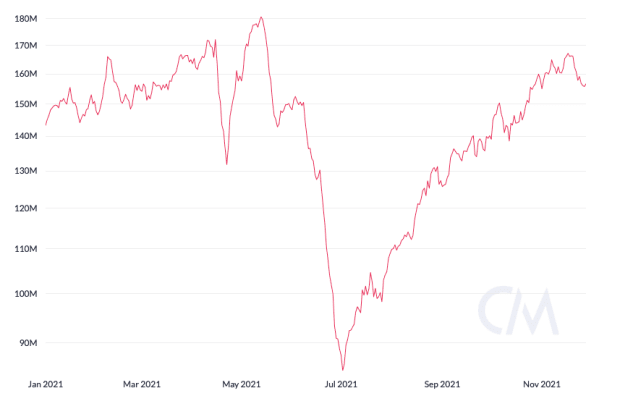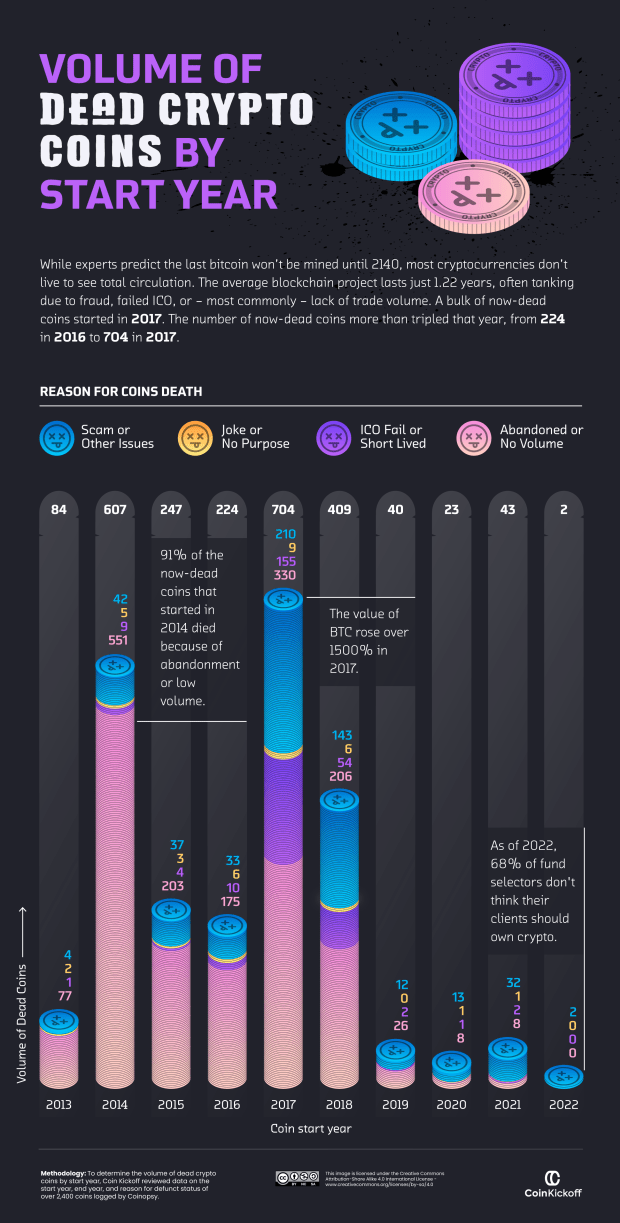The Indian Inter-Ministerial Committee (IMC) on Virtual Currencies has completed its report on the crypto asset space and its implications for India, and it’s prepared to go before the Supreme Court with its findings tomorrow, Bitcoin Magazine has learned. Among other recommendations, the report calls for the ban of “private cryptocurrencies.”
On July 18, 2019, Indian MP Anurag Singh Thakur claimed in a hearing that the IMC had finished its report and was prepared to go forward. Nevertheless, local media indicated that this report had not been submitted to any appropriate government agencies. On July 22, 2019, India’s Ministry of Finance issued a press release regarding the developments, and a copy of the signed and approved report can now be found on India’s Department of Economic Affairs website.
With conflicting news circulating on the status of bitcoin and other cryptocurrencies in India, the country’s supreme court gave the legislature an ultimatum in February 2019 that a decision must be reached, or else the court would set up regulations on crypto itself. Considering that the matter was still up in the air as of late July, the recommendations of the IMC could have significant impact on future verdicts.
Parsing the Report on India Crypto Regulations
It is a shame for the crypto space worldwide, then, that section 2.7 of the recommendations is so bleak. It states plainly that “the Committee notes with serious concern mushrooming of cryptocurrencies almost invariably issued abroad and numerous people in India investing in these cryptocurrencies. All these cryptocurrencies have been created by non-sovereigns and are in this sense entirely private enterprises.” It also claims that “there is no underlying intrinsic value of these private cryptocurrencies,” which “have not been recognised as a LEGAL [emphasis theirs] tender in any jurisdiction.”
To this effect, the committee “recommends that all private cryptocurrencies, except any cryptocurrency issued by the State, be banned in India.” It added that, in addition to criminalizing the private ownership of crypto assets, the committee also recommends “criminalising carrying on of any activities connected with cryptocurrencies in India.”
The next section of the report is entirely focused on the practicality of adopting the rumored “digital rupee” as an official state-backed Indian cryptocurrency. These rumors seem entirely credible, with the committee holding the “view that it would be advisable to have an open mind regarding the introduction of an official digital currency in India.” It further goes on to state that the Reserve Bank of India would be an entirely appropriate body to serve as the currency’s day-to-day administrator.
India Crypto Regulations Report Recommends a Ban
In addition to some brief analysis on the applications of distributed ledger technology in India, the report also includes the text of a proposed bill banning crypto assets that will be presented to the supreme court as well. There is more clear-cut language describing a potential ban on all involvement in the crypto space and the formation of the digital rupee and recommendations for some surprisingly draconian punishments.
The report proscribes that “whoever directly or indirectly mines, generates, holds, sells, deals in, transfers, disposes of or issues cryptocurrency … shall be punishable with fine or with imprisonment which shall not be less than one year but which may extend up to ten years, or both.”
This punishment, notably, is for first-time offenders, with “whoever having been previously convicted of an offence punishable under this Act, and is subsequently convicted of an offence, shall be punishable with imprisonment for a term which shall not be less than five years but which may extend to ten years and with fine.”
Anyone who “directly or indirectly promotes, issues any advertisement, solicits or induces any participation in any activity involving the use of Cryptocurrency” is also open to a jail sentence with a maximum of seven years.
After several months of alternating hostility and radio silence, the government of India seems primed for an attempt to totally eradicate the crypto space in its nation. This could mean that the global Bitcoin community will have a much harder time reaching India’s more than 1.3 billion people.
The post India Crypto Regulations Report Calls for Ban appeared first on Bitcoin Magazine.









